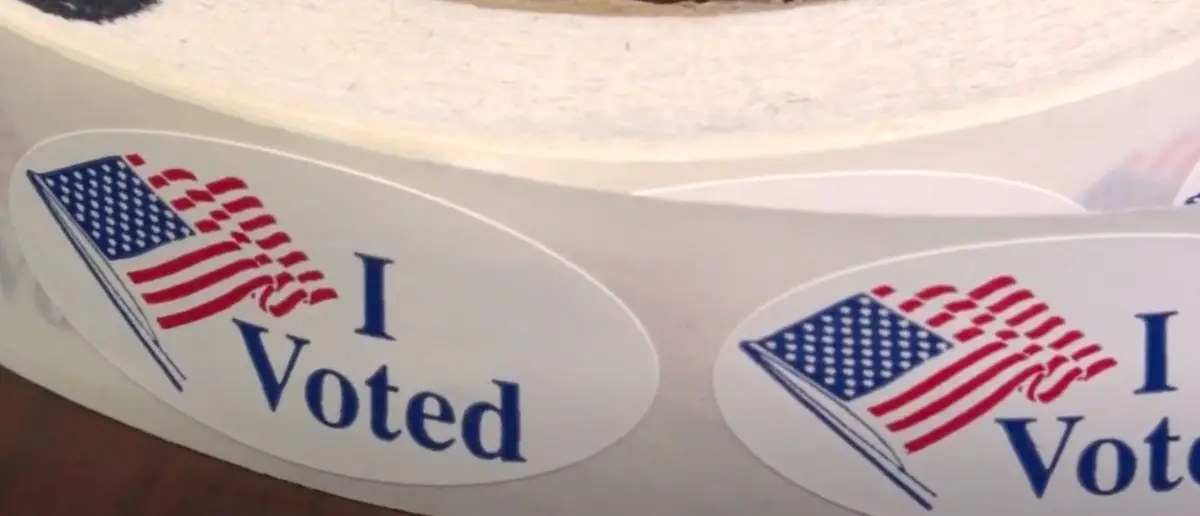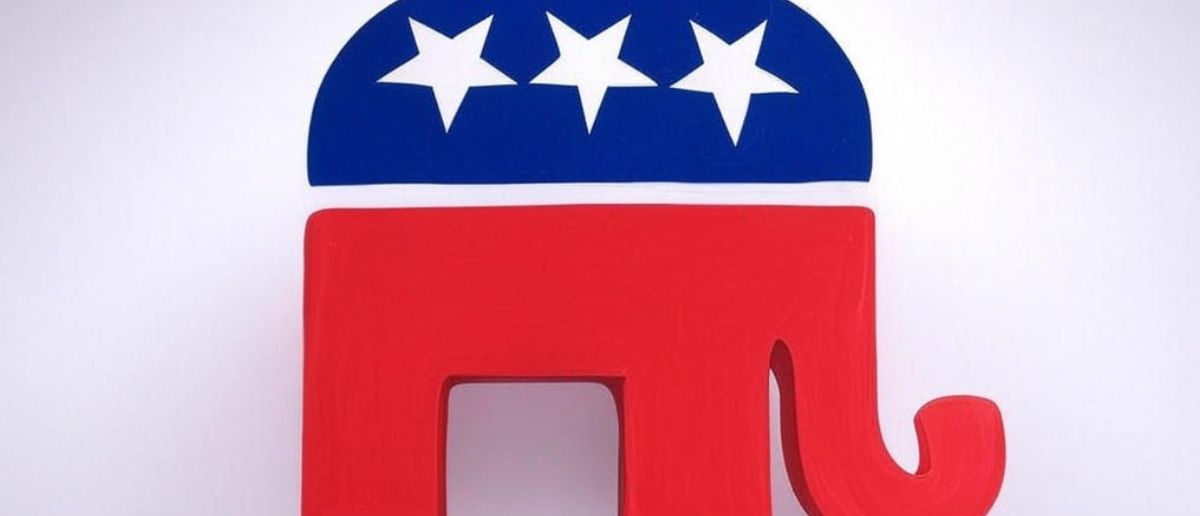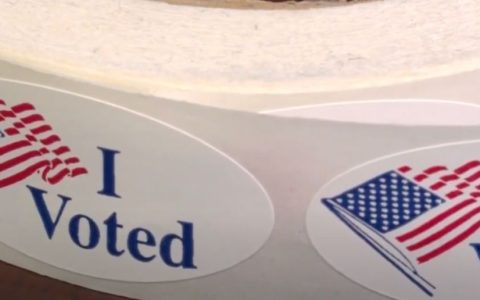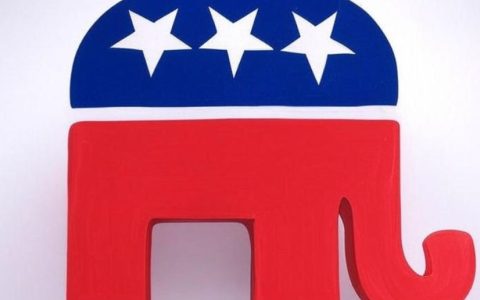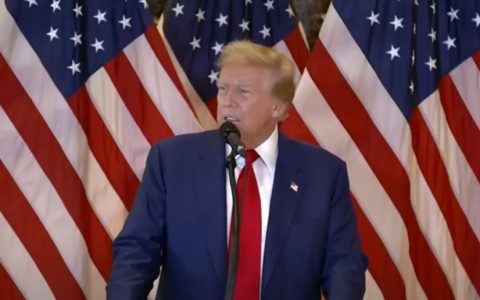
The Trump admin was just given a terrible court ruling. It rocked D.C. to its core.
But a top lawyer just hit President Trump with stunning news about the U.S. Supreme Court.
Trump’s Tariff Authority Under Siege As Courts Hound Administration Like Never Before
The Trump administration is facing an unprecedented level of judicial overreach, with courts aggressively challenging President Donald Trump’s authority to impose reciprocal tariffs on foreign nations. No modern presidency has endured such relentless scrutiny from the judiciary, which seems determined to curb the administration’s economic agenda at every turn. On Wednesday, a three-judge panel from the New York-based Court of International Trade ruled that Trump lacks the executive power to enact these tariffs, a decision that reeks of judicial activism aimed at undermining the president’s trade policies.
George Washington University law professor Jonathan Turley, appearing on Fox News’ The Ingraham Angle Thursday, defended Trump’s authority with clarity. “The fact is the administration wanted to try this approach. This was a three-point shot, and they hit the rim because the courts just don’t see it. But he has authority, and that’s one of the reasons why these negotiations are likely to go forward. Other countries are very sophisticated. They know what authority he has. They know that he can now turn, as he did in his first term, to pursue those,” Turley explained. His remarks highlight a critical point: Trump’s tariff strategy, proven effective in his first term, is being unfairly targeted by courts eager to limit his influence.
Fox host Laura Ingraham, discussing the ruling, noted that Trump’s previous tariffs withstood legal challenges, suggesting the current ones could also survive. “They’re not particularly onerous, he can really do that and make relatively fast work of it. Now, Congress may also want to be equally nimble here,” Turley added.
“The important thing is that Trump has been using these tariffs like a gun to the head of these other countries, and the court just removed the bullets.” The metaphor captures the essence of the judicial interference—courts are stripping Trump of the tools he needs to negotiate tough trade deals that put America first.
The Court of International Trade’s ruling leaned on a narrow interpretation of the International Emergency Economic Powers Act, claiming it does not authorize “the Worldwide, Retaliatory, or Trafficking Tariff Orders.” This decision is just one in a string of legal roadblocks thrown at the Trump administration, which has faced an onslaught of lawsuits since the president’s April “Liberation Day” announcement. That day, Trump boldly declared a baseline 10% tariff on a list of countries, with higher rates for those imposing steep tariffs on American goods—a move designed to level the playing field for U.S. businesses.
The judicial pushback is not just a legal debate; it’s a direct attack on Trump’s ability to govern. The administration, anticipating resistance, paused most tariffs for 90 days, except those targeting China due to its retaliatory measures against the U.S. This strategic pause reflects Trump’s pragmatic approach, yet the courts continue to hover, ready to pounce on any move the administration makes. No other modern president has faced such a concerted effort to shackle their economic policies through judicial fiat.
The courts’ actions stand in stark contrast to Congress, which has shown some willingness to back Trump’s trade agenda. Turley pointed out that Congress recently “refused” to undo Trump’s tariffs in a Senate bill. “The fact is that Congress can come in, even if they don’t like the tariffs, and say ‘Look, we’re in this now. We don’t want to undermine the president. We want to see these deals completed and see if they can also signal support.’ Now, keep in mind, recently Congress refused to undo the tariffs in a Senate bill, so they’ve already had that vote,” he said. This refusal signals that at least some lawmakers recognize the value of Trump’s hardline stance on trade.
The Senate’s deadlock on April 30, with a 49-49 vote on a measure to restrict Trump’s tariff authority, further highlights the polarized environment in which the administration operates. The Trade Review Act of 2025, introduced by Republican Sen. Chuck Grassley and Democratic Sen. Maria Cantwell, aimed to require congressional approval for tariffs via a simple majority vote within 60 days. The bill’s failure to pass demonstrates that Congress is not fully aligned with the judiciary’s aggressive oversight, yet the courts persist in their crusade to limit Trump’s power.
This pattern of judicial interference is unparalleled in recent history. Previous administrations, from Obama to Biden, faced no such relentless legal challenges to their trade policies. The Trump administration, however, is under a microscope, with every executive action dissected and contested. The courts’ rulings, like the one from the Court of International Trade, seem less about legal principle and more about obstructing a president who dares to challenge the globalist status quo.
The administration’s tariff strategy is rooted in a simple principle: fairness. By imposing reciprocal tariffs, Trump aims to protect American workers and businesses from countries that exploit uneven trade policies. Yet, the judiciary’s overreach threatens to derail these efforts, forcing the administration to navigate a minefield of lawsuits and rulings. The courts’ actions suggest a double standard, as no other modern presidency has been so thoroughly hamstrung by judicial activism.
Turley’s analysis on The Ingraham Angle cuts through the noise, emphasizing that Trump’s authority remains intact despite the courts’ attempts to erode it. Foreign nations, aware of Trump’s proven track record, are likely to continue negotiations, knowing he can pivot to other legal avenues to enforce tariffs. The administration’s resilience in the face of judicial hostility is a testament to its commitment to prioritizing American interests.
The contrast between the courts’ aggressive oversight and Congress’s mixed response highlights the unique challenges facing the Trump administration. While lawmakers grapple with bipartisan measures, the judiciary seems intent on rewriting the rules of executive power. This relentless scrutiny sets a dangerous precedent, threatening not just Trump’s trade agenda but the very scope of presidential authority in the face of an overzealous judicial branch.
The Trump administration has defended its tariffs approach to the global economy without conceding one inch. Most recently, the White House Press Secretary said that America “cannot function” if Donald Trump isn’t allowed to use his executive authority to make international deals that are favorable to the United States.
President Trump is rebalancing our trade agreements with the entire world, bringing in billions of dollars in tariff revenues, and finally ending our country from being ripped off.
But America cannot function if President Trump has his sensitive diplomatic and trade negotiations… pic.twitter.com/TMcnKEQz5J
— Karoline Leavitt (@PressSec) May 29, 2025
Stay tuned to the DC Daily Journal.

